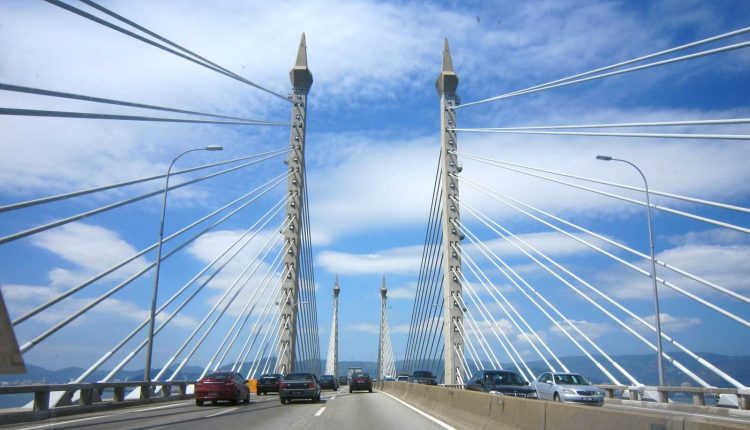GEORGE TOWN: Things are finally looking up for the tourism industry in Penang with many hotels registering an average 70 per cent occupancy this weekend, the first weekend after the interstate travel ban was lifted earlier this week.
-Advertisement-
Malaysian Association of Hotels (MAH) Penang chairman K. Raj Kumar said some of the beach hotels were also registering up to 90 per cent occupancy this weekend.
He said the occupancy in beach, city and business hotels throughout the state had picked up since the interstate travel ban was lifted.
“Of course this is good news to start off with. People are finally coming out to celebrate the ‘curfew’ by getting out of their houses.
“The bookings are still coming in for next week and the week to come. I think this situation will continue right up to December because it is the holiday season,” he told the New Straits Times here today.
All preparations have been put in place by the state government, the local authorities, enforcement agencies and tourism players to welcome more than 50,000 visitors into Penang this weekend.
Deputy state police chief Datuk Fisol Salleh said about 2,000 policemen would be on the ground to monitor and ensure public compliance with standard operating procedures (SOP).
Penang Island City Council (MBPP) Mayor Datuk Yew Tung Seang said that some 1,000 “Eyes in the Sky” (closed-circuit television cameras) would be in operation at hotspots and strategic locations to monitor and ensure public compliance with SOPs.
Nevertheless, Raj Kumar said hotels in the state still needed to be very careful and cautious of the situation.
“In terms of relieve for the industry, I don’t think so. We still have to be very careful, cautious and have to face whatever comes along.
“Moving from pandemic to endemic, I think this is a starting point for us,” he added, noting that it would be good if the government could come up with a simple SOP for the endemic stage soon.
“This is so all of us can start moving forward towards our endemic lifestyle.
“I hope the government will be flexible in terms of the situation we are facing now,” he said.
-Advertisement-
On challenges faced by hotels, Raj Kumar said there were issues in terms of the capacity for dine-in as well as getting former housekeeping employees back.
“You see, if 100 rooms are booked, then you will have at least 200 guests. There will be a long queue at the buffet breakfast spread and guests will have to wait in line because the SOP says they can only take in 50 per cent of the total capacity. So I think that is challenging.
“And secondly, it is getting employees back to work, especially housekeeping and other food and beverage (F&B) departments.
There is a shortage, very badly in fact, in housekeeping. This is because during Covid-19, most of the workers went to other places to work. Now, to recruit them back, is challenging,” he added.
In a related development, Association of Tourism Attractions Penang (ATAP) chairman Ch’ng Huck Theng acknowledged that there had been some social media postings on “anti-Penang tourism” going around lately.
“Our response is that we cannot continue to lockdown for the sake of the two per cent and let the remaining 98 per cent suffer economically.
“The Covid-19 pandemic has seen many people losing their jobs and suffering income loss that led to more hunger and financial hardship.
“If this condition continues to drag further, it will lead to more serious mental and social problems such as suicides and robberies,” he added.
Malaysia, Ch’ng said, was expected to move from the pandemic into the endemic phase in probably two weeks.
As such, he added, everyone needed to move forward to adopt the post-Covid-19 new normal.
“‘ATAP is going one step ahead by having its members promote ‘Responsible Tourism’ by abiding to the SOPs, taking precautionary measures and encouraging ‘Test, Then Travel’.
“Be responsible to yourself, your family and friends. If you are not feeling well, don’t come out. And if are you are planning a trip, test first before travel.
“In short, Covid-19 is not going away in the near future but we still need to survive. So we need to be careful and act responsibly moving forward,” he stressed.-NST

